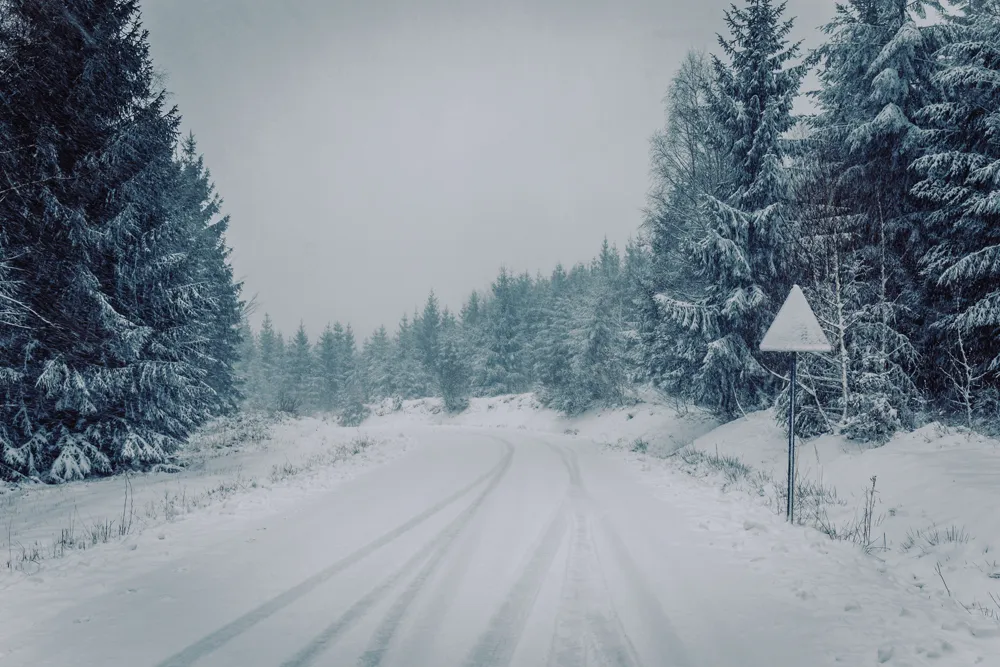
The present can look pretty old. The picturesque half-timbered houses in the centre of Herrenberg, Germany, tend to remind passers-by of the past. But the community is becoming a pioneer for smart cities nationwide.
Most smart city applications do not sound like science fiction at all: parking space sensors that show drivers the way to empty spaces, or intelligent garbage containers that automatically request that they be emptied when a certain level is reached.
In order that garbage cans, streets, flower beds and other things provide information about their condition, they must be equipped with sensors and connected to a radio network.
In Herrenberg, data transfer in this Internet of Things (IoT) is done via the Long Range Wide Area Network (LoRaWAN), which is particularly well-suited for smart city applications. Because it uses licence-free frequencies in the industrial, scientific and medical band (863-870 MHz), the municipality has set up a comprehensive data architecture with very low investment costs.
Sensors and data receivers, so-called gateways, communicate via LoRaWAN. The gateways are distributed over the city area at locations as high as possible to guarantee good network coverage. A city like Herrenberg with 30,000 inhabitants can manage with just over a dozen gateways, and in 2018 only two of the receivers were used. These are connected via the internet to servers from which computers can retrieve the data for various applications

What’s exciting about the whole thing is that everyone can use the infrastructure - and if necessary expand it themselves. Nevertheless, the data is transmitted in encrypted form and can only be viewed by the respective user. At Mhascaro we use the transmitted data from the sensors and have - in cooperation with the Office for Environment, Technology, Green - developed a platform with which its employees can monitor all sensors in a user-friendly, clear way.
One promising pilot project in Herrenberg is the automated winter service. Road sensors and weather stations provide real-time data, almost like a view of the road from a window. This is a great help for the winter road clearance staff, who have an enormous amount of work to do every season from November to March. Even in winters with little snow, there can always be slippery frost or black ice.
Two Lufft IRS31Pros are currently installed in the Herrenberger Straße, a third will follow soon. Lufft WS10, WS600 and WS800 weather stations provide information on temperature, humidity and pressure, wind speed and direction, solar radiation and precipitation.
The integration into the LoRaWAN network was developed by Mhascaro in close cooperation with Lufft and has been in use since the end of 2018. The measuring instruments tell us something about the current state - but wouldn’t it be more exciting to know what will be?
There’s no crystal ball. Instead, artificial intelligence comes into play. Historical weather data, together with the clearing logs of the winter road clearance service, provide a treasure trove of information from which an algorithm recognises recurring patterns. This could be a correlation between humidity and temperature, for example, because dangerous slipperiness can form even without precipitation.
The larger the database, the more precise and universal its predictions. Therefore, the goal in Herrenberg is to include communities from all over Baden-Württemberg in the project.
In this way, everyone can benefit from each other and make traffic safer in the wet and cold months. Not only in Herrenberg and the surrounding area, but in other places that want to make their operations more intelligent with the help of IoT and artificial intelligence and become smart cities.









